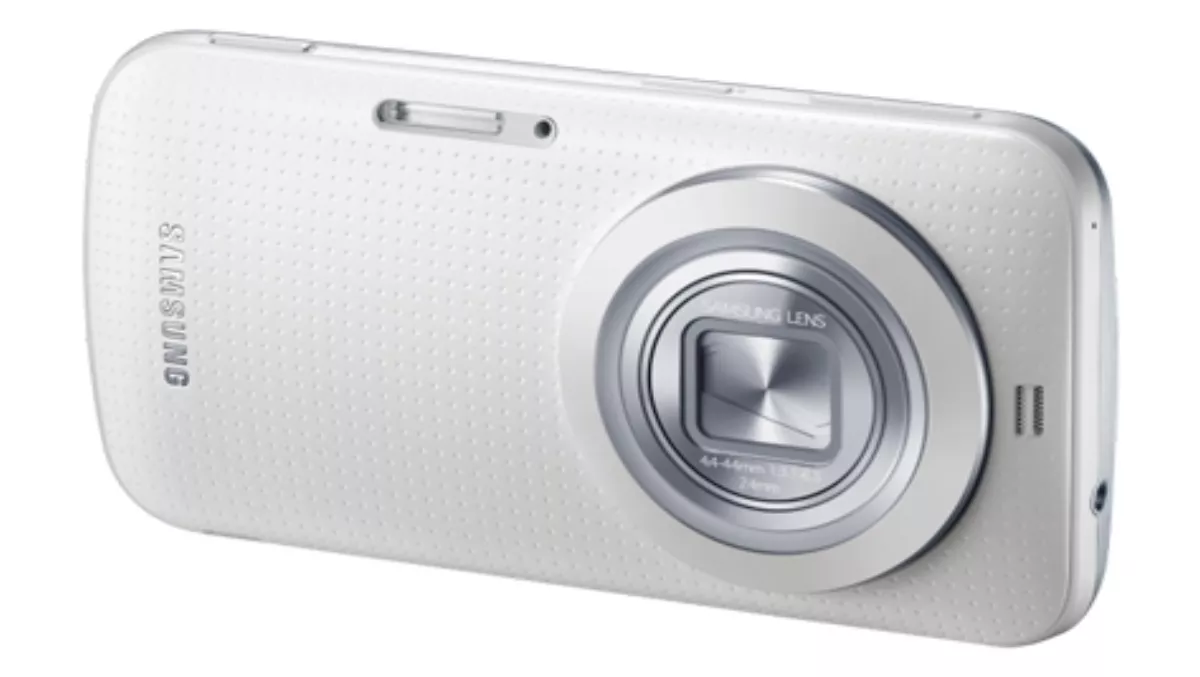
Review: Samsung Galaxy K Zoom
Is the Samsung Galaxy K Zoom the ultimate all in one phone camera for the discerning photographer or just another toy?
When I received the Zoom, I thought it was just a Samsung Camera. Samsung have been making some strong inroads into the camera market with their high quality snappers, and it would be interesting to see how it compared to the EOS M from a few weeks ago.
But when I unboxed it, I was surprised to find it was their latest all-in-one targeting the advanced photographer, and quite successfully.
With it’s advanced camera features, the Galaxy K Zoom does take good pictures, with a much more intuitive interface than the EOS and simple control over major features.
The lens does a pretty magical job of hiding away when not in use, so much so, at first glance you would believe its capabilities.
Pictures are well balanced, although not as good as the EOS M’s, but not far off. And that’s a compliment to such a device. It’s definitely a step up from the normal phone camera and with the use of images to communicate increasing, Samsung have really created a pocket friendly camera that has all the functions of its other phones.
With its 20.7MP camera and a range of automatic options (as well as a selfie taker that will take fantastic pics), the camera has every option you could want for the photo generation.
The down side is the Android interface. Samsung have made as much of it as possible and definitely improved it. But with the ever tightening grip of Google on the OS, manufacturers are having to stick more tightly to Google’s vision of the OS - however flawed that may be. It would have been very interesting to see Tizen or Windows on this device, it might have been even more interesting and the Galaxy K Zoom could have really flown.
It’s not a criticism of the Galaxy K Zoom at all. If you’re an existing Android user, you will have no problem converting to the Zoom and if you’re a photographer, you may find you leaving your main camera at home a lot more.
Maybe this is a vision of the future, with cameras and phones integrating into more prosumer devices, which must have the likes of Nikon and Canon worried.


